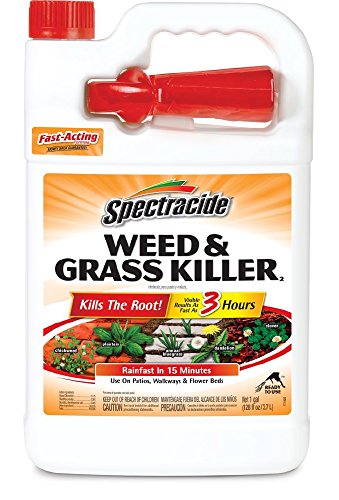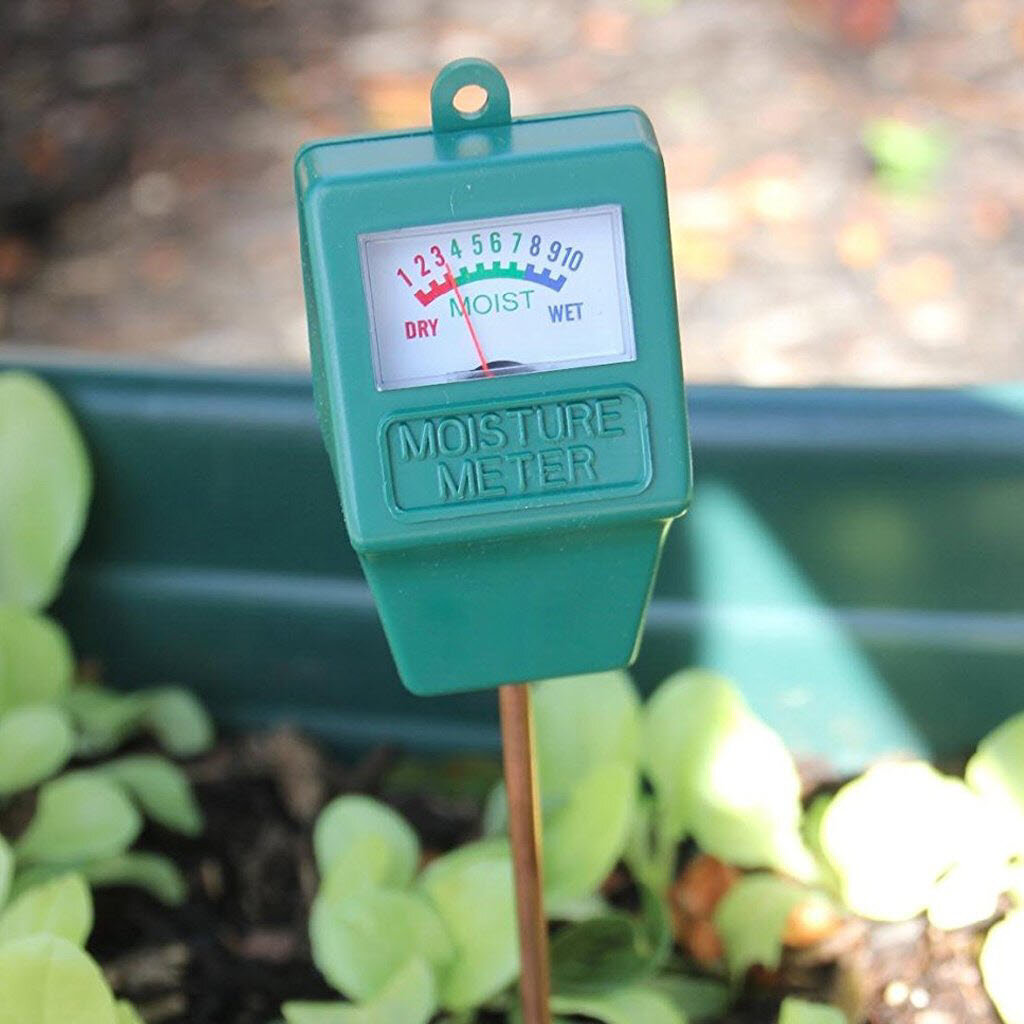Table of Contents
Are the weeds in your garden winning against you? Is it Weeds 1 and Man 0?
Growing Pains
When you have a garden that you want to enjoy, your main aim is to grow things in it. Whether you choose decorative flowers or edible plants such as vegetables or fruits, you will only want the plants of your choice to flourish.
Weeds may well be simply “a flower whose virtues we can't see”, but if those weeds are killing off the flowers, fruit trees, and vegetables whose virtues you can see, you're obviously going to want to get rid of the anonymous invaders, pronto.
Once you've cleared out the plants you don't want, you'll need to take care of those you do – and the first step in taking care of most plants is watering. While it would be nice to leave your garden to nature, experience teaches us that nature often isn't all that nurturing – as anyone who's ever seen their beloved garden destroyed during a single summer that was subject to a hosepipe and sprinkler ban can testify!
So, here, we're going to be looking at the best weedkillers on the market, and the best and most effective forms of natural weed control – including some anti-weed actions which may surprise you!
Best Weed Killer Formulas – Reviews
Compare 'N' Save Grass and Weed Killer, 41% Glyphosate
Our number 1 pick in our weed killer reviews list — Compare N Save. Incidentally also the #1 Bestseller in Weed Killers, this is a 1 gallon option of Glyphosate, the active ingredient in RoundUp (where it is found in lower concentrations.)
It is designed to be mixed with water to form an effective herbicidal spray. Directions for mixing the correct level of formula including safe usage around ornamental and edible plants are also included.
This acts reasonably quickly — within a week, to be precise. For the price, the product will last a long time as it is designed to be used diluted in a spray rather than directly on its own. However, it does not offer residual action and so does not prevent weeds from re-emerging. This means you will need to apply regularly throughout the growing season.
Pros
Long lasting
Clear directions for use
Ideal purchase for those with large gardens
Cons
Doesn't inhibit future weed growth
Value for Money?
As this product will last you a long time (the 1 gallon option provides enough product to give a small garden monthly applications for two years), this represents good value for money if you're happy to treat your garden or yard regularly.
However, if you don't want to be keeping an eye out for emergent weeds, a residual-action formula might be a better option.
Spectracide Weed and Grass Killer 2
This is a fast-acting non-selective weedkiller, so you'll need to keep away from plants you want to enjoy when you use this.
It is a spray application which makes it easy to use and effective for clearing large areas.
On light weed growth, Spectracide can work within a matter of hours although you may find you need to reapply throughout the season.
Pros
Works quickly
Affordable
Cons
Non-selective, so may kill decorative plants as well as weeds
Value for Money?
This is an effective, inexpensive product. It's a good buy for those with smaller yards or gardens.
RoundUp Weed and Grass Killer Concentrate
This product comes in 16 oz, 36.8 oz, and 64 0z options, and is designed for use in a tank sprayer.
As this is a non-selective weed killer, you will need to spray on a day with minimal wind and away from plants you do not want destroyed. RoundUp is not suitable for use near vegetable patches or fruit-bearing trees and plants as even a small amount of spray will render these plants unsafe to eat. You will also need to be careful about ensuring run off doesn't get into water courses, etc.
This product takes about a week for effects to be seen.
Pros
Good for clearing large areas of overgrowth
Kills whatever weeds are growing (non-selective)
Cons
Not safe to use around decorative or edible plants
Highly toxic
Needs to be sprayed on a calm day with no breeze
Expensive
Value for Money?
If you need to get an area completely cleared ready for re-use, and aren't worried about using strong chemicals, this is effective but quite pricey.
Sedgehammer Plus Turf Herbicide
This is a selective weed killer designed to target nutsedge or nut grass, a perennial weed that grows in turf.
As nutsedge can very closely resemble grass blades, it can be difficult to identify in order to target topically or dig up. Therefore, a product like Sedgehammer gives you an easy and effective way of dousing your lawn to ensure you take care of any nutsedge without damaging your turf or other plants.
Sedgehammer is best applied in early Spring before the growing season really gets started. It does take a while to take effect and you may need to do a couple of applications to ensure your lawn stays clear.
Pros
Kills nutsedge without damaging the surrounding turf
Cons
Takes a while to show results
Only formulated to tackle nutsedge
Can damage delicate ornamental grasses
Value for Money?
If you have a nutsedge problem or think you might do, the fact that the purchase price is for two packs of Sedgehammer makes it a reasonable purchase. However, if you have other weed issues, investing in a non-selective product may be more cost-effective.
Weed Killer Formulations
Not all weedkillers are created equal.
The formulation of weedkiller that you buy will depend on the amount of weeds you need to kill, and whether you have, or intend to have, other plants growing in the area once the weeds have been taken care of.
Non-selective Weed Killer: As its name suggests, this will kill literally everything it comes into contact with.
Non-selective weedkiller is recommended for heavily overgrown concrete yards that need a completely fresh start and where any future planting is likely to take place in containers, rather than directly in the ground.
Selective Weed Killer: This is formulated to target specific types of weeds. It can safely be used to clear overgrown areas which you intend to use for productive direct-planting growth in the future.
Liquid Weed Killer: This is applied directly to the weeds in question usually through a nozzle spray. This makes it ideal for containers which have a light amount of weed growth.
Granular Weed Killer: This is applied directly to the weeds in question so make sure you not only wear gloves when using, but that you also wash your gloves thoroughly after use. Granular weed killer would be best suited to killing weeds in raised beds.
More Of The Best Gardening Tools















